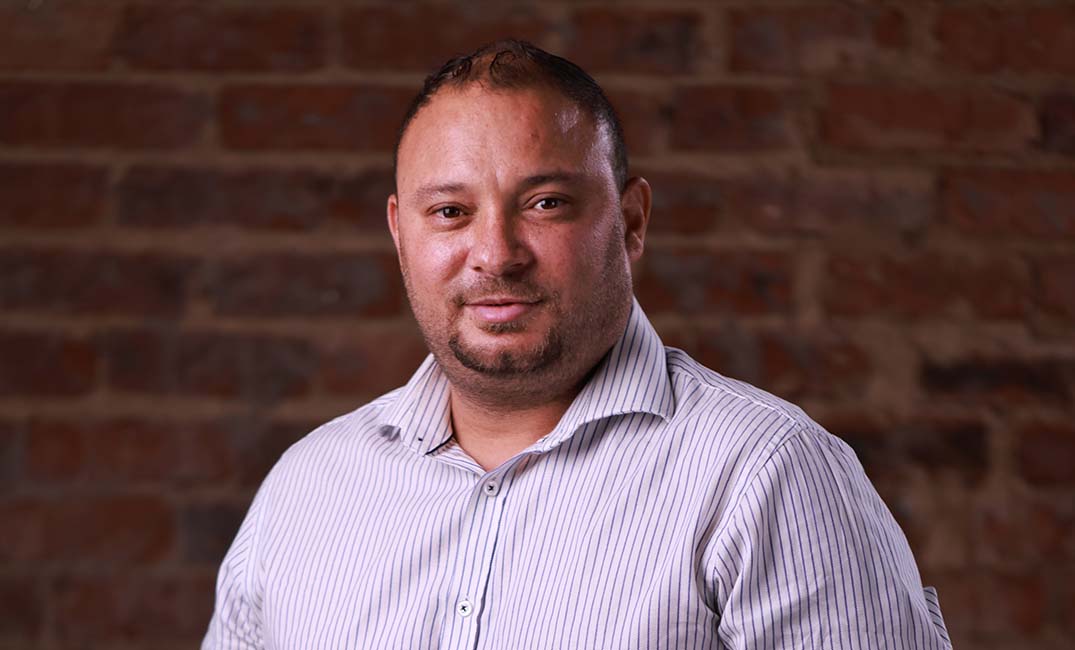South Africa’s business sector is under growing pressure to manage old IT hardware responsibly as careless disposal doesn’t just carry the risk of penalties, reputational damage, or even imprisonment under compliance laws – it also means missing out on being part of the solution to the country’s worsening e-waste crisis.
“Every employee in a business typically uses two or more devices at a time,” says Clayton Heldsinger, MD of Dispose IT, an Institute of Waste Management of Southern Africa (IWMSA) member and certified IT asset disposal specialist. “At the end of their lifecycle, these devices need to go somewhere. If organisations don’t plan for the responsible retirement of technology, they expose themselves to legal, financial, and reputational consequences.”
The scale of the challenge is clear. E-waste in South Africa has grown three times faster than municipal waste between 2017 and 2020, according to the Waste RDI Roadmap. Less than 1% of e-waste is recycled across Africa, leaving landfills clogged with hazardous materials and valuable minerals going to waste. The World Health Organisation has warned that improper disposal creates serious health and environmental risks.
Yet responsible recycling can unlock real value. Upcycling, resale, and donation extend the useful life of devices – sometimes by as much as five years. Donated hardware can support learners – from students in technical programmes to children in rural schools discovering the Internet for the first time. At the same time, recycling circuit boards allows for the recovery of gold, silver, and copper – creating secondary sources of valuable materials while reducing reliance on mining.
Heldsinger believes proper recordkeeping is central to responsible risk management.
“Keeping a clear audit trail of retired IT equipment is essential for organisations to demonstrate compliance with the National Environmental Management: Waste Act and mitigate potential risks,” he explains. “The simplest route is to partner with a certified disposal specialist who can provide full lifecycle services – from auditing, labelling and secure transport, to safe data destruction and repurposing strategies.”
In the end, he adds, the business case is clear.
“We have a responsibility to discard e-waste sustainably and accountably,” says Heldsinger. “But beyond compliance, it just makes sense – recycling and repurposing unlocks value, creates opportunity, and reduces harm to people and the planet.”

